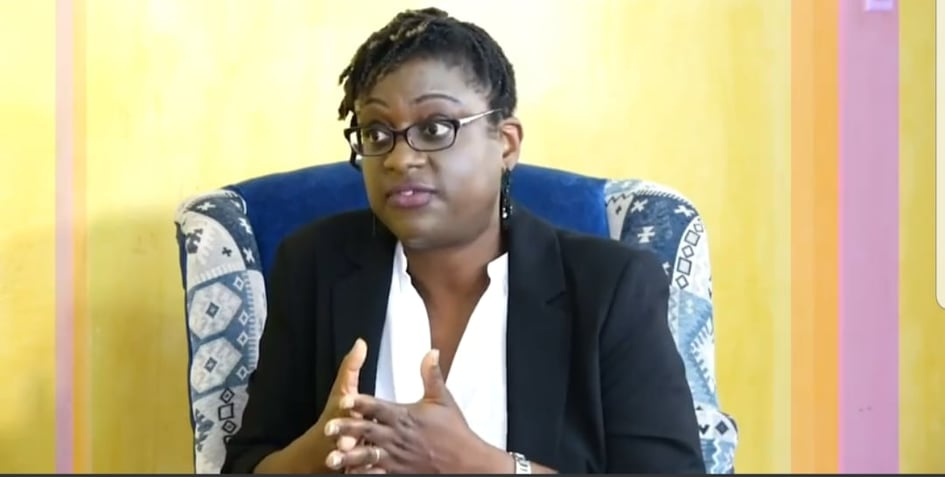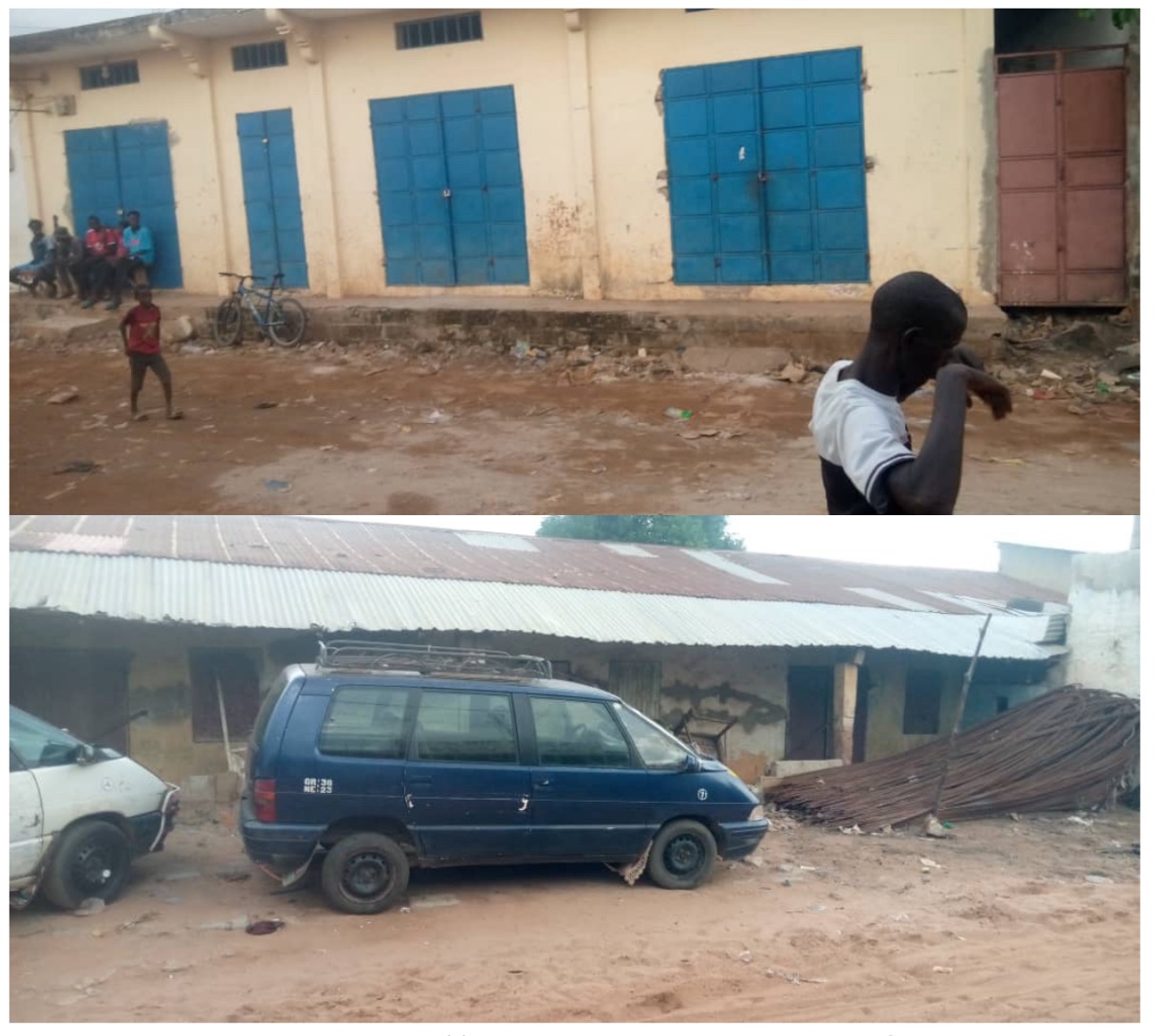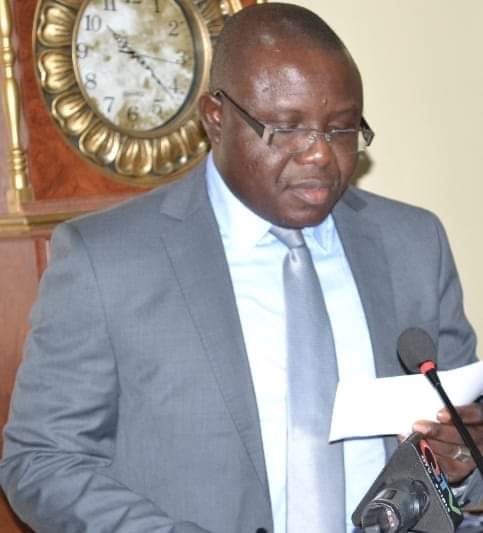The Special Representative of the Secretary-General and Head of the United Nations Office for West Africa and the Sahel (UNOWAS), Mohamed Ibn Chambas, has urged Gambians to build consensus ahead of the elections scheduled for 4 December 2021.
Chambas visited the Gambia at the weekend to assess the status of transitional reform processes and the preparedness of the institutions towards the holding of peaceful, free, transparent, inclusive and credible elections, scheduled on 4 December 2021, said a statement issued on Monday by the UN Development Programme .
During the visit, the Special Representative of the UN chief had audience with Gambian President Adama Barrow.
He also met with key national stakeholders including the political parties, the Speaker and Members of Parliament, members of the cabinet, the Truth, Reconciliation and Reparations Commission (TRRC), the Independent Electoral Commission (IEC), the National Human Rights Commission (NHRC), civil society organizations, diplomatic corps and development partners.
Chambas commended the Government of The Gambia for the progress made in the reform processes.
He emphasized the significance of completing the ongoing consultations on a new Constitution in a timely manner, which would contribute to the consolidation of peace and democracy, and to the organisation of peaceful and inclusive elections.
He urged the Gambian stakeholders to redouble efforts to build consensus, which will help create an enabling environment for the elections, and lay the foundation for a democratic and prosperous Gambia.
He commended the strides made by the TRRC aimed at promoting individual and community-based reconciliation while furthering the fight against impunity.
He called for effective mechanisms for the implementation of the Commission’s recommendations following the completion of its mandate and called upon all stakeholders and partners to support the reparations process as a precondition for national healing.
Chambas reiterated the importance of mainstreaming a gender perspective to ensure that women and girls are not disproportionately affected by the COVID19 pandemic in terms of livelihoods, educational opportunities, sexual and gender based and domestic violence.





